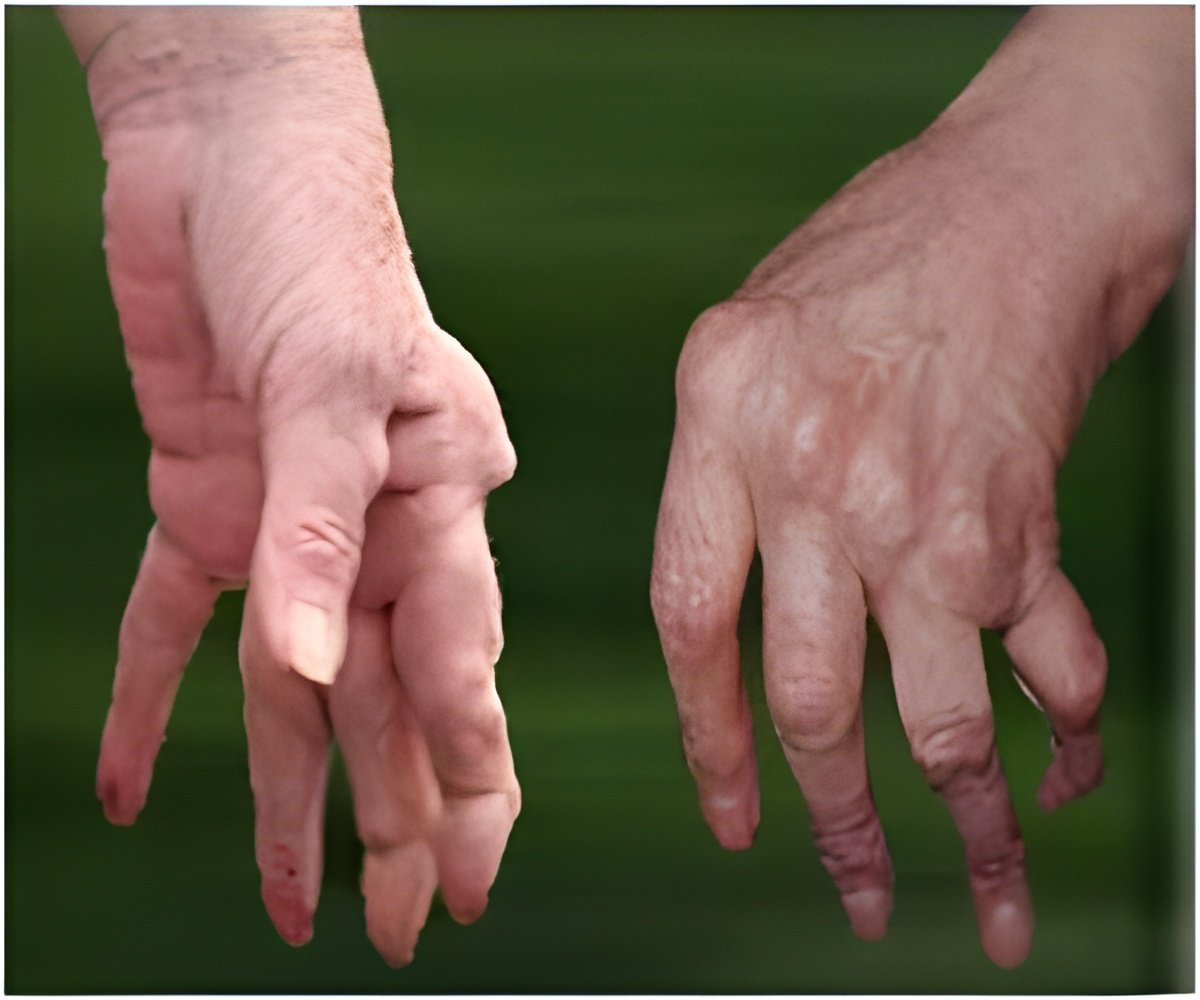Arthritis patients were more likely to be high monitors (health detail oriented) than high blunters (health detail avoidant), suggested a new study.

‘Higher monitoring was associated with less information-receipt for arthritis patients, and higher blunting was associated with more information-receipt.’





The study was published online in The Open Rheumatology Journal.Many studies have assessed attentional coping style in a variety of acute health contexts (e.g. cancer screening) and few studies have explored coping styles among patients with chronic diseases (e.g. asthma and multiple sclerosis), where stress is present but not always acute. Findings tend to be consistent: when confronted with medical stressors, monitors attend to and prefer more information, while blunters tend to avoid and prefer less information.
"When we investigated the relationship between RA and OA patients' attentional coping styles and behaviors related to medication information we were surprised that we did not see results in accordance with the characteristic patterns outlined in the acute and chronic disease coping literature," said Lorie Geryk, postdoctoral fellow in the Division of Pharmaceutical Outcomes and Policy at Eshelman School of Pharmacy and lead author of the study. "In fact, counter to expected coping trends, we found that higher monitoring was associated with less information-receipt for RA patients and among OA patients, higher blunting was associated with more information-receipt."
More research is needed to better understand the long term relationship between coping style and patient medication-related behaviors in order to help clarify why and when health-relevant information is likely to benefit arthritis patients.
Source-Eurekalert












